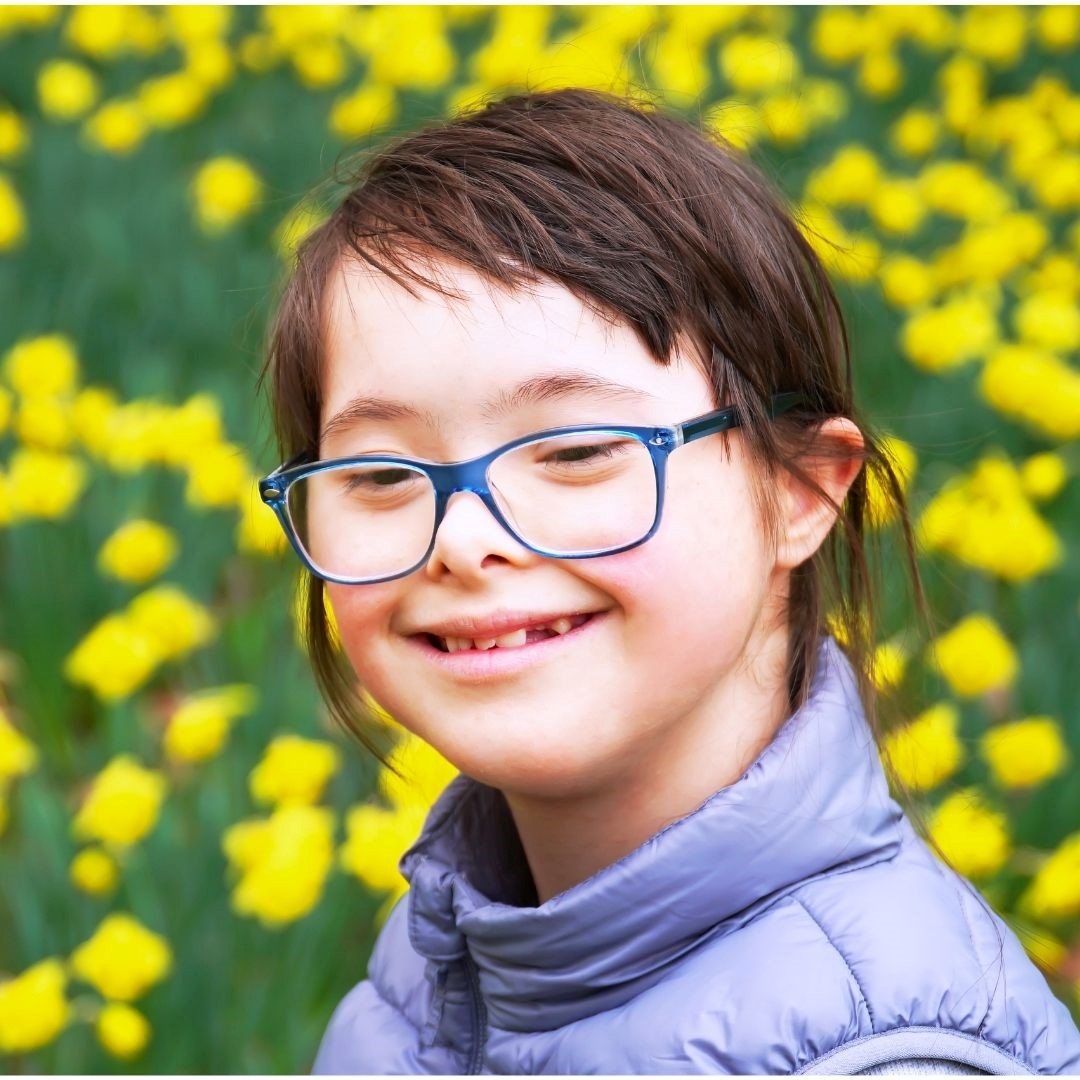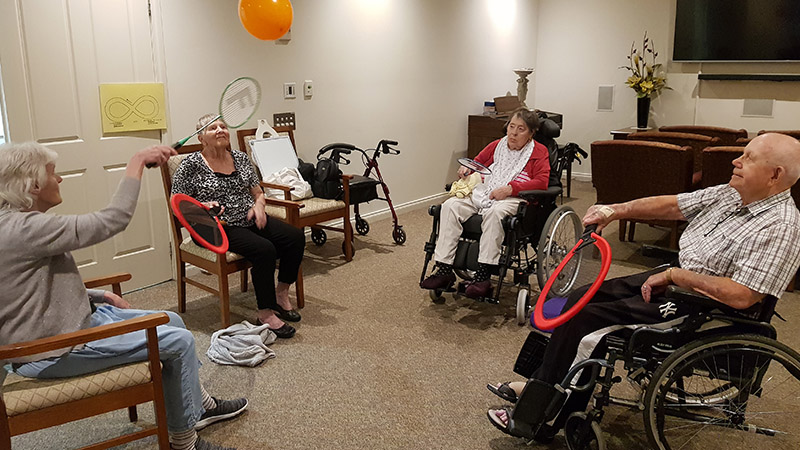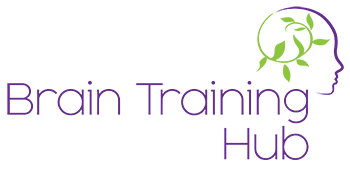Brain Training
Assisting seniors and persons affected by a disability.Brain Training
Our programs benefit people from all walks of life. From seniors to those with disabilities, to effective workplace and children.
Brain Training for Disabilities
Brain Gym ® movements are easily adapted for individuals of all abilities, wheelchair-bound, non-verbal or impaired brain function. The fun, gentle movement-based program stimulates the brain to maximise cognitive function and improve daily living.
Brain Gym® movements target different areas of the human brain to support individuals experiencing issues with anxiety, cognitive functioning, communication, reading, memory, focus, coordination, and balance.
Who can benefit from brain training exercises?
Brain Gym® movements support those who have:
- Acquired Brain Injury
- Downs Syndrome
- Intellectual disabilities
- Autism
- Stroke
The movements stimulate clear and focused thinking. They are quick, easy, and adaptable for individuals of all abilities, from active individuals through to the very elderly or wheelchair-bound. Brain Gym® movements, together with positive mindset techniques, develop self-worth and self-belief and a ‘Can Do’ thinking.
Online Training Now Available.
Supporting Disabilities, learn unique, fun and effective movements to support your loved one, or individual you are working with this practical and informative 2 x 2-hour online sessions.
This course is claimable through NDIS Plans under Parent/Carer Training.

Brain Training for Seniors over 50s
Improve healthy daily living
Improve: Balance, Memory, Reading, Focus, Motivation, Concentration
& Healthy Daily Living.
Does Brain Gym® and brain training work?
Four independent scientific studies in the United States found that elderly participants using Brain Gym® exercises as part of the Move with Balance® program experienced a 66% reduction in falls.
Who can benefit from brain training exercises?
Brain Gym® movements stimulate the brain to improve balance, coordination, memory, reading and develop clear and focused thinking. The movements are quick, easy, and adaptable for individuals of all abilities, from active seniors playing tennis, golf, hiking, etc, through to the very elderly and wheelchair-bound. Brain Gym®, together with positive mindset techniques, develops self-awareness and self-worth. Brain Gym® and brain training is suitable for individuals who which to improve-
- Co-ordination and Balance.
- Exercise or sporting outcomes
- Memory
- Reading
- Stroke
- Dementia
- Wheelchair-bound
- Multiple Sclerosis (MS)

Creating a healthier more productive workplace
Instant Brain Boosters for On-the-Job Success
Reduce neck tension, headaches, migraine, sick days.
Today physiotherapists, chiropractors, and other professionals are seeing a huge increase in what is known locally as ‘Text Neck” or the “Forward head posture”. The head in its neutral position is approximately 4 kg in weight, for each inch or 2.5cm, that the head moves forward the pressure on the spine doubles. Ie If you are looking down at a screen, your neck is holding up to 8 – 12 kgs in weight. This position for long periods causes tension throughout the neck, shoulder, spine causing headaches and back issues.
Workplace training
Learn unique, fun and effective movements to support your team with these practical, informative and fun 2 x 2-hour online sessions.
- Learn effective 5-minute Brain Break activities
- How to effectively reduce headaches, neck pain and shoulder tension
- Reduce screen fatigue and sore eyes.
- Support email & report writing
Brain Training for Kids
Supporting Early Developmental Stages
Online training available for parents and carers including supporting children designed for professionals, families and support teams.
Learn unique, playful and effective movements to support early developmental stages and stimulate brain function.
Have fun and learn about:
- brain / body connection
- relaxation techniques to relax the nervous system
- underlying causes of behavioural challenges
- early developmental reflexes and the impact these have on maturity.

